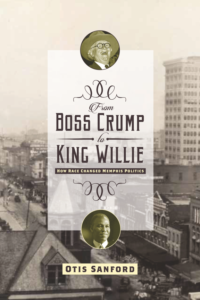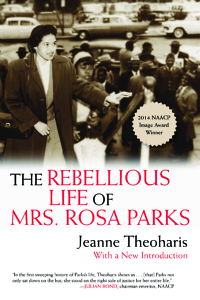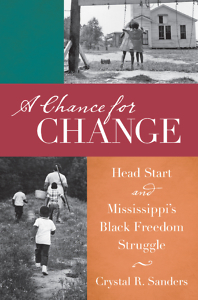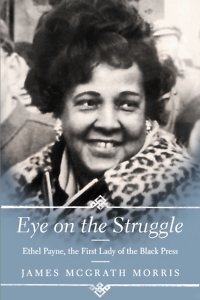When Piggly-Wiggly Met Pigskin
In Tigers by the River, Wylie McLallen tells the tale of the first Memphis Tigers, a professional football squad of the late 1920s and early 1930s.
In Tigers by the River, Wylie McLallen tells the tale of the first Memphis Tigers, a professional football squad of the late 1920s and early 1930s.

In his award-winning history Resilient America, Memphis author Michael Nelson narrates the chaotic presidential election of 1968 and argues for the essential stability of the American political system.

Otis Sanford tells a lively history of power and race in From Boss Crump to King Willie, a political history of twentieth-century Memphis, bookended by two towering figures: E.H. Crump and W.W. Herenton.

You learned the story of Rosa Parks, the quiet seamstress from Montgomery, but you missed the truth. In The Rebellious Life of Mrs. Rosa Parks, Jeanne Theoharis depicts Parks as a militant rebel throughout her life. Theoharis will speak on March 23 at 6 p.m. at the River Room in the University Center at the University of Memphis.

In A Chance for Change, Crystal Sanders expands our understanding of the role of education and federal anti-poverty programs in the civil-rights movement. She will discuss the book at the National Civil Rights Museum in Memphis on March 16 at 6 p.m.

 As a reporter and advocate for racial justice, Ethel Payne shaped American society. James McGrath Morris’s biography of her, Eye on the Struggle, is the winner of the 2015 National Book Award from the Benjamin L. Hooks Institute for Social Change. Morris will speak about the book at 6 p.m. on November 15 at the University of Memphis.
As a reporter and advocate for racial justice, Ethel Payne shaped American society. James McGrath Morris’s biography of her, Eye on the Struggle, is the winner of the 2015 National Book Award from the Benjamin L. Hooks Institute for Social Change. Morris will speak about the book at 6 p.m. on November 15 at the University of Memphis.
